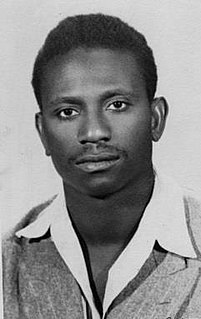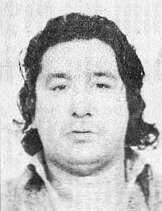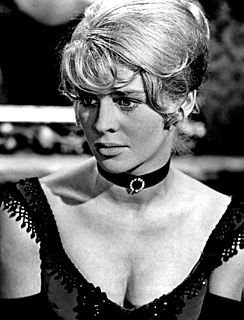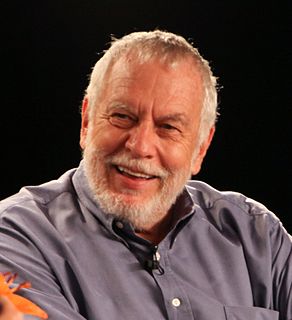A Quote by Miranda July
In the weeks that followed, we amazed ourselves. Our habits slid apart easily...And our very few intimacies were simply discontinued. Where did they go, those things we did? Were they recycled? Did some new couple in China do them? Were a Swedish man and woman foot to foot at this very moment?
Related Quotes
I did not feel very patriotic. I did not feel proud of our country, seeing that we were bombing peasant villages, that we were not just hitting military targets, that children were being killed. We were terrorizing the North Vietnamese with our enormous Air Force. They had no Air Force at all. They were a little pitiful country and we were terrorizing them with our bombs. And no, I did not feel proud at all.
The generation that followed did not have the same concerns; none of its members attempted to follow the example of the past generation. There was no longer anyone with the noble determination to get to know the great men of the world, or if there were some individuals consumed with this curiosity, they were few in number. From then on, there remained only vulgar minds given over to hatred, envy and discord, who took an interest only in things which did not concern them, gossip, slander, calumny of one's neighbors, all those things which are the source of the worst of our troubles.
As far as commercials were concerned, I did very few, and I did them only when they gave me carte blanche to them the way that I wanted to. And I did them as an exercise, because I, who do very long films, never thought I would be able to tell a story in 30 or 40 seconds - you come across a whole new system and manner of approaching a subject.
Few beautiful women were willing to indicate in public that they belonged to someone. I had known enough women to realize this. I accepted them for what they were and love came hard and very seldom. When it did it was usually for the wrong reasons. One simply became tired of holding back love and let it go because it needed some place to go. Then, usually, there was trouble.
I did not feel proud of our country, seeing that we were bombing peasant villages, that we were not just hitting military targets, that children were being killed. We were terrorizing the North Vietnamese with our enormous Air Force. They had no Air Force at all. They were a little pitiful country and we were terrorizing them with our bombs. And no, I did not feel proud at all.
The Jesuits were quite balked by those Indians who, being burned at the stake, suggested new modes of tortures to their tormentors. Being superior to physical suffering, it sometimes chanced that they were superior to any consolation which the missionaries could offer; and the law to do as you would be done by fell with less persuasiveness on the ears of those who, for their part, did not care how they were done by, who loved their enemies after a new fashion, and came very near freely forgiving them all they did.
I think that the exchange is very important. Before I did the exhibition in Shanghai, I was a judge for the John Moores Painting Prize and that was very interesting for me, because some of the judges are Chinese and some are British, and we look at the work together. It was fascinating that most of the time we were in complete agreement, but some of the time we were not. People send their works from all over China. For a foreigner, this gave me a very good picture about what is happening in China and its art today.
Our enemies didn't adhere to the Geneva Convention. Many of my comrades were subjected to very cruel, very inhumane and degrading treatment, a few of them even unto death. But every one of us - every single one of us - knew and took great strength from the belief that we were different from our enemies, that we were better than them, that we, if the roles were reversed, would not disgrace ourselves by committing or countenancing such mistreatment of them.
In some ways for many years I was off the hook.When my niece was born after that their attention was focused on that and she did that. You know, that was in our family that's what she did. I went off and chased this dream and this career that very other few people in our, you know, in my family, but even culturally were doing.
Atari always was a technology-driven company, and we were very keen on keeping the technological edge on everything. There's a whole bunch of things that we innovated. We made the first computer that did stamps or sprites, we did screen-mapping for the very first time, and a lot of stuff like that. We had some of the most sophisticated sound-creating systems, and were instrumental in MIDI.





































